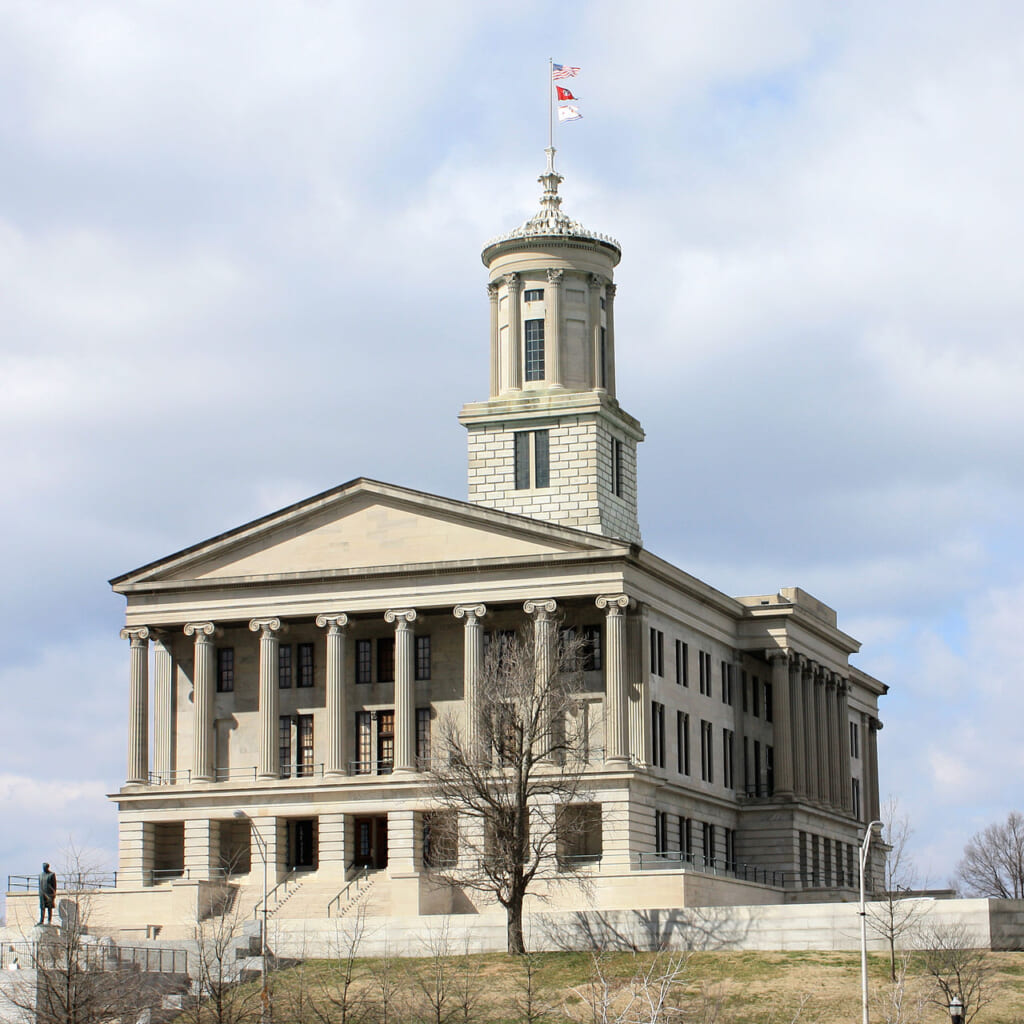Colleges can be sued for teaching ‘divisive concepts’ in Tennessee bill
Tennessee, which has already handcuffed K-12 teachers, is now going after universities for "divisive concepts"
Tennessee lawmakers are working on legislation that supporters say would proactively protect students, but critics warn that the bills passed in both chambers of the state legislature aim to suppress what educators say in college classrooms.
The measures, which the state Senate and House have passed slightly different versions of, would allow students and staff to sue higher education institutions if they feel they’ve been unfairly treated for not accepting so-called “divisive concepts,” according to the Nashville Tennessean.
The bill, HB 2670, considers divisive concepts to be ideas and discussions around race, like systematic racism, societal privilege and shaming based on past activities.

The Republican-controlled legislature would have to work out the differences in the two bills before the proposal can be sent to the governor’s desk to become law.
The move is the latest iteration in a coordinated attempt by Republicans across the county to stifle open, honest discussion on race in the classroom. Chalkbeat, the nonprofit education news outlet, reports that 36 states have made it harder to address race and bias in schools.
Tennessee has already started down that line by placing restrictions on how K-12 teachers can talk about race.
In the case of the college bill, sponsors say they’re being proactive in protecting Tennessee students.
The bill’s sponsor, Sen. Mike Bell, R-Riceville, told the Tennessean that college professors aren’t banned from teaching those concepts due to First Amendment issues.
Still, advocates and educators say the bill would have a chilling effect. They were also quick to note that universities don’t require students to think a particular way, according to the outlet.
“Students would have every right to complain if that were going on. We don’t require our students to believe this or that. We’re not a church,” Mary McAlpin, a French professor at the University of Tennessee, told the Tennessean.
University Chancellor Donde Plowman and John Zomchick, provost and senior vice-chancellor, issued a statement on the university website pledging support for faculty.

“The bill defines divisive concepts and prohibits indoctrination in a particular belief system,” the statement said. “The bill also prohibits mandatory training that includes one or more divisive concepts as it defines them.
“As a university that values free speech, challenging debate, and the free expression of ideas, we do not indoctrinate. We discuss. We research. We listen. We educate.”
Lucy Jewel, a lawyer and professor at University of Tennessee College of Law, discussed the “chilling effect” with the Tennessean.
“I think that chilling effect comes from the fact that the bill mentioned that anyone who feels that there’s been a violation can pursue all equitable or legal remedies that may be available to the individual in a court of competent jurisdiction,” she said. “Now in the state of Tennessee, there are a lot of obstacles to suing a public institution, but they’re not insurmountable.”
TheGrio is FREE on your TV via Apple TV, Amazon Fire, Roku, and Android TV. Please download theGrio mobile apps today!


